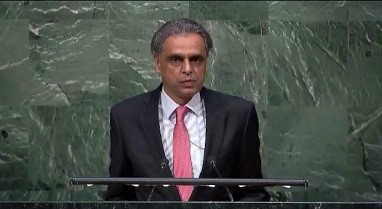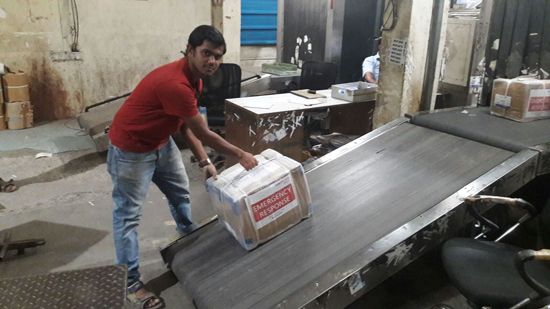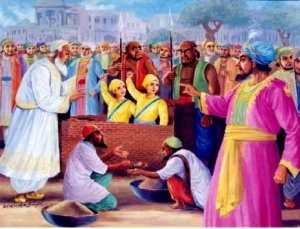
UNITED NATTIONS (TIP): Ambassador Syed Akbaruddin, Permanent Representative of India to the United Nations, on February 12, applauded the United Nations Secretary General’s report on Preventing Violent Extremism. Thanking the President of the UN Body for organizing the debate on Preventing Violent Extremism, contained in document A/70/674, Ambassador Akbaruddin said, “My delegation welcomes the opportunity to focus on the pandemic which goes by the name of Violent Extremism. This modern day plague is destroying societies, hemorrhaging communities and disrupting state structures. From regions in conflict to the streets of distant cities, it is extracting a deadly price”.
Giving preliminary remarks, India’s PR said, “the Report adopts a sagacious approach of not attempting to enter into the divisive minefield of offering a definition of the phenomenon that goes by the name of Violent Extremism. We in the General Assembly would once again have been subjected to theological debates even though the need is for action. The approach to indicate pathways to address the problems with the best tools we have rather than going down the route of definition has our support”.
Ambassador Akbaruddin added that “given the variety of social, political, economic, psychological and cultural factors in play there can obviously be multiple pathways to the growth of violent extremism. Hence inter-connectedness between security and development as a central philosophical tenet of the approach outlined through the action plan is understandable. This also augurs well for a role for the United Nations which has long experience in stringing together inter-sectoral partnerships to address multi -dimensional issues through potentially multiple routes. However, we feel that while the Action Plan is full of prescriptions to Member States, it is low on what the UN will do in terms of assisting Member States in this venture. Mr. President, we acknowledge that addressing this malaise is primarily a Member State responsibility, and many are already confronting this as best as they can. Nevertheless, we need substantive value addition from the UN in this endeavor. Even more important than what we face is how we respond to the threat. What we are tackling is not merely a local problem that can be addressed unilaterally; it is a global contagion. Global links, franchise relations, home-grown terrorism and use of cyber space for recruitment and propaganda. All these present a new level of threat. We need significant options of international cooperation, which we do not discern in the plan before us today”.
Ambassador Akbaruddin, presenting India’s view, said that “the current architecture at the United Nations is not sufficient to tackle this virus that threatens us collectively. The Action Plan provides no solution to this shortcoming. For example, where is the single contact point that will assist Member States seeking United Nations assistance in preventing Violent Extremism. Having gone through the entire Action Plan, unfortunately, we did not find an answer to this simple and basic question”.
India’s PR added that “when all these numerous prescriptions that have been listed in the Action Plan are implemented there will still be instances where we will not be able to prevent determined instances of violent extremism. It is our view that there is no grievance whatsoever that can justify resort to violent extremism”.
Ambassador Akbaruddin said that while emphasizing on prevention we should not shift focus from ensuring that violent extremists are subject to the full force of law as they pose an imminent and continuing danger.
Ambassador Akbaruddin then spoke of the diversity of faiths and beliefs in India and observed that it is a nation whose unity is strengthened by its pluralism. He said, “It is our firm belief that ultimately it is the values represented by open and tolerant societies that are the best foil to the forces of violent extremism. Guided by this approach we, look forward to discussing the issues that are thrown up in the Action Plan in greater detail at the earliest opportunity”.





Be the first to comment